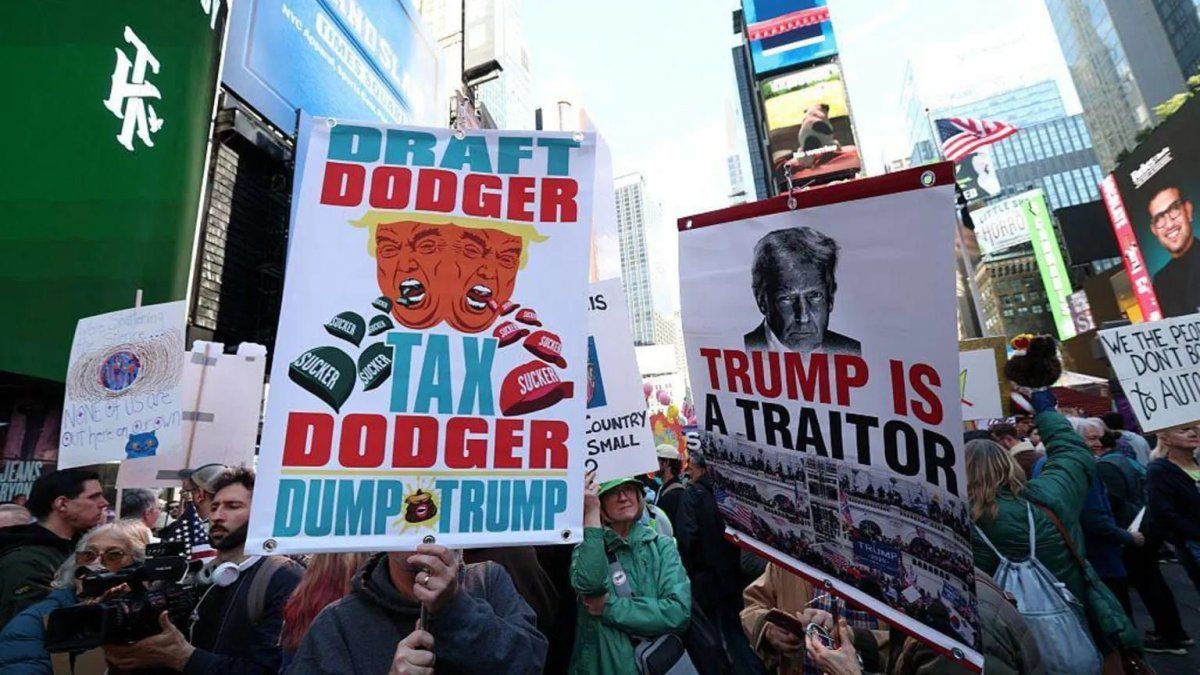The Chinese government continues to try to stabilize the stock markets. That was well received, but didn’t help a company in trouble.
The Chinese government has taken further steps to support the recently weak stock markets. The Chinese Ministry of Finance announced on Monday night that the stock exchange turnover tax on share transactions would be reduced.
The country’s stock exchange supervisors also announced that they would limit the sale of shares by major shareholders and the refinancing options of unprofitable companies. The government also wants to put the brakes on IPOs – but no specific plans were mentioned here. The package of measures was well received by investors.
The Chinese economy is currently having great difficulty finding its way back to its old growth strength after the corona pandemic. In addition, the People’s Republic is struggling with a serious crisis in the real estate sector, which threatens to affect the entire economy. The state news agency Xinhua reported on Friday that the Chinese government wanted to combat the real estate crisis by relaxing credit conditions.
Evergrande shares fall nearly 90 percent
However, shares in troubled real estate group Evergrande fell 87 percent when trading resumed in Hong Kong. The company postponed the planned meeting of creditors to the end of September a few hours before it began. Creditors should be given the opportunity to examine, understand and evaluate the terms of the planned debt restructuring, it said in a statement.
Trading in Evergrande shares was suspended for 17 months after the group triggered a quake on the Chinese real estate market with payment defaults almost two years ago.
Under the impression of the measures announced during the night, the CSI 300 rose by more than 5 percent at times. The index tracks the share prices of the largest companies on the Shanghai and Shenzhen stock exchanges. Most recently, it was still a good two percent up. Hong Kong SAR’s Hang Seng Index rose 1.7 percent.
Major Shareholder Restrictions
The approved tax cut relates to the so-called stamp duty, which is levied on traded shares in China. Its level has been 0.1 percent of trade value since 2008 and has now been halved to 0.05 percent. The reduction initially benefits brokers, but also certain hedge funds that rely on a rapid turnover of positions. The name stamp tax goes back to the stamping of documents and contracts that was common in the past.
The restriction on the sale of shares by major shareholders announced by China’s securities regulator applies under certain conditions: if the company has paid little or no dividends in recent years, or if the share value has fallen below the level at the IPO or book value.
These thresholds also apply when companies are refinanced or if a company continues to make losses. In view of the crisis, however, real estate groups are exempt from this refinancing rule. This provided relief for most industry stocks on the stock exchange.
Source: Stern




